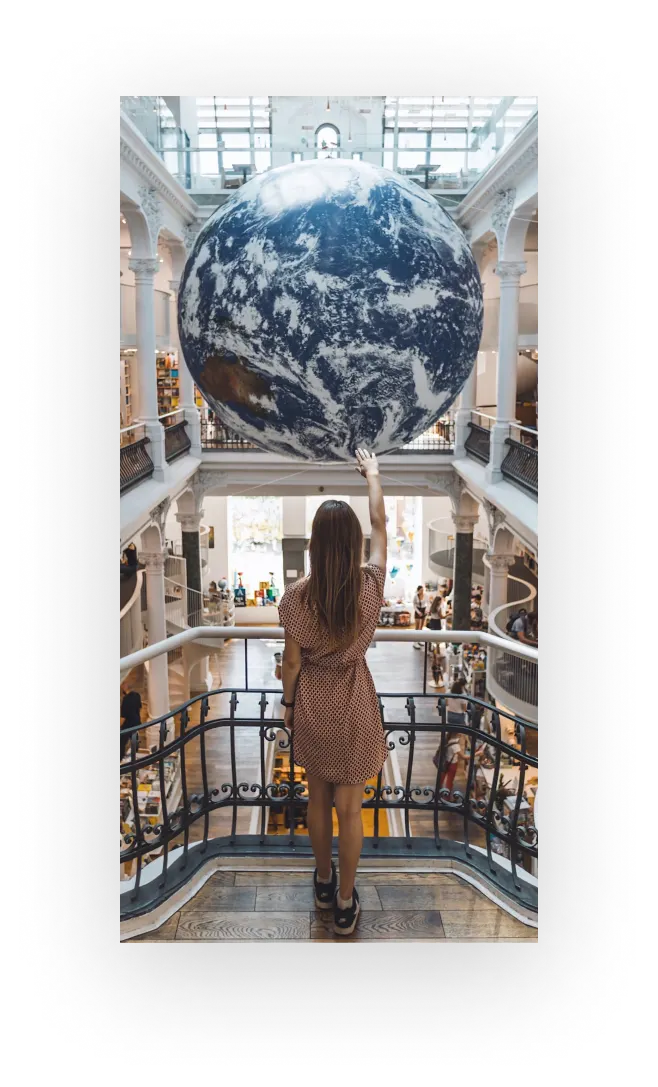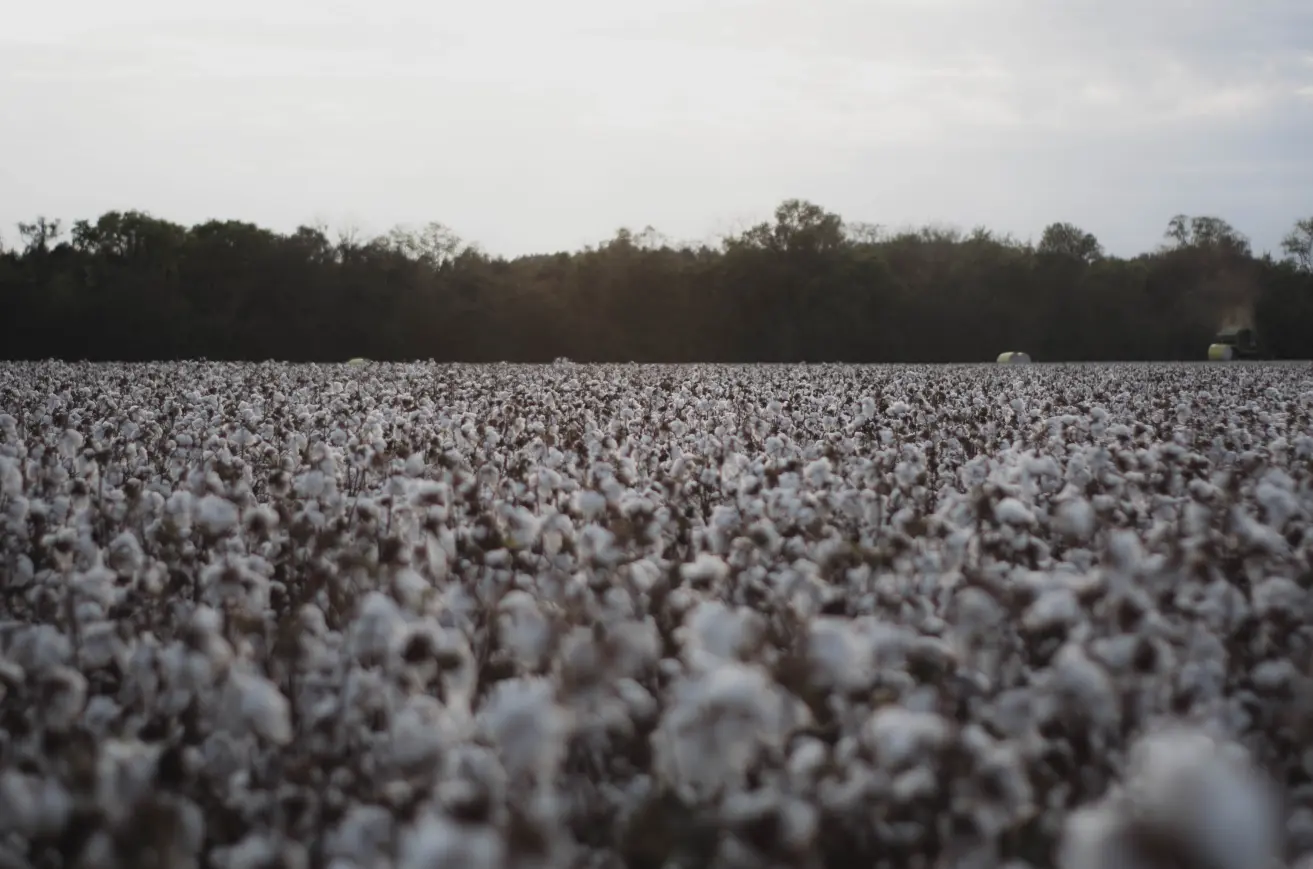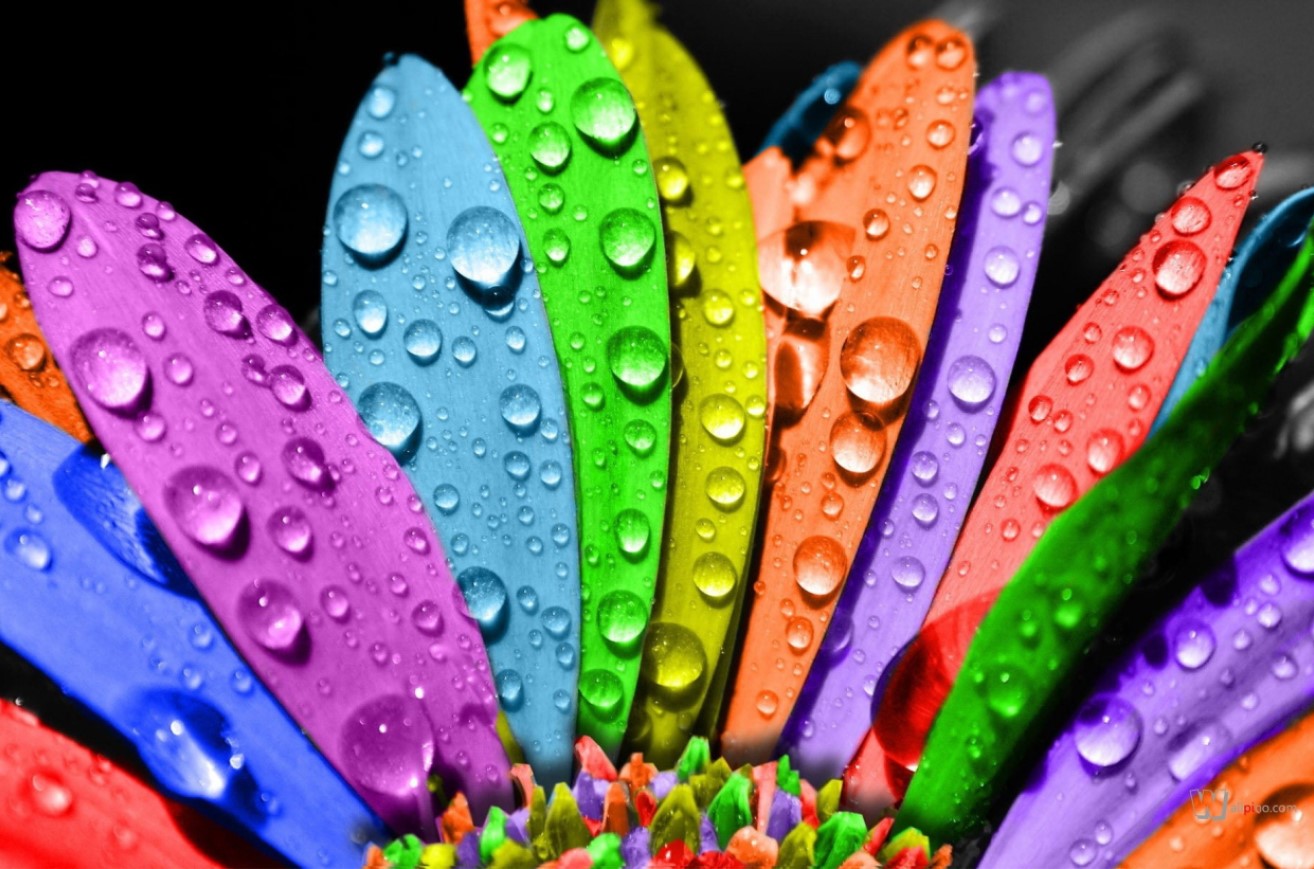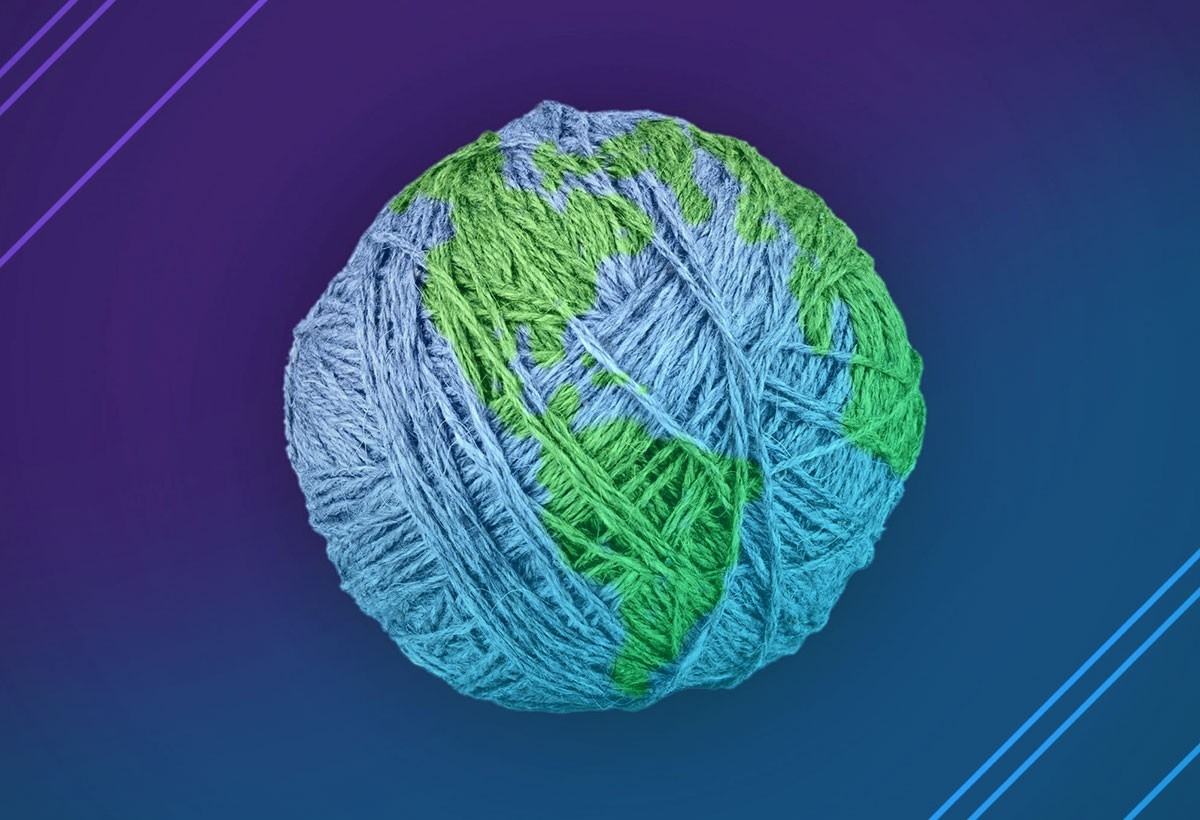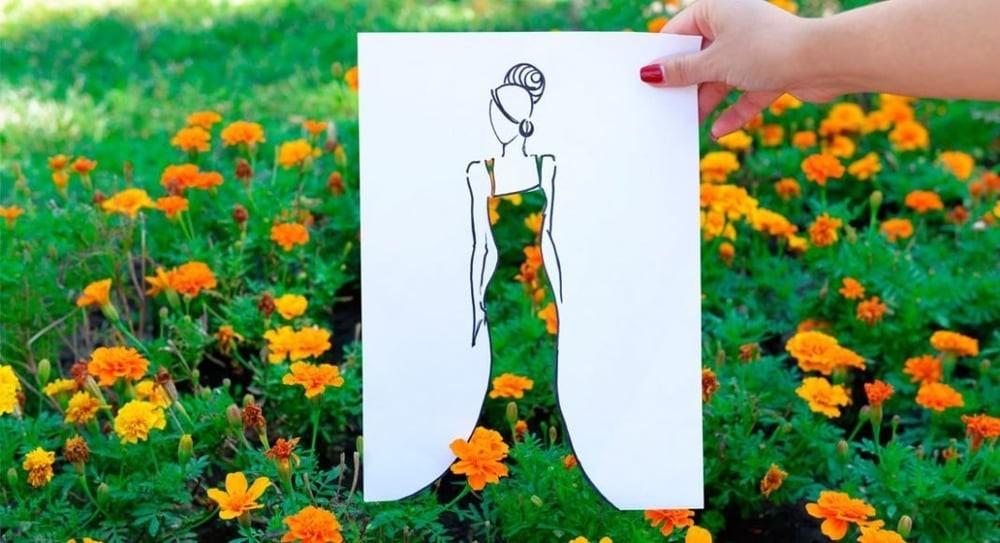Drag Explore
Sustentability
The Cotton that doesn't deceive!
Deninworks uses organic cotton massively.
In fact, it's a huge crop, just like corn, wheat and soybeans. This means it takes up a huge growing area and, like our food crops, can be grown either organically or non-organically.
We chose to use organic cotton as it preserves the health of soils, ecosystems and people, taking into account that natural agricultural processes are used in its cultivation. This means there are no toxic chemicals and 91% less water is used than growing non-organic cotton.
The products are certified organic by the Global Organic Textile Standard (GOTS). To learn more about GOTS or explore the benefits of growing organic cotton further.
Denimworks, together with organic cotton, has sought from its suppliers another way to produce even more sustainable products using end-of-life products or production residues.
Recycled cotton comes from pre-consumer (production leftovers) and post-consumer (finished fabrics and end-of-life garments) waste. After being collected and divided by color, the waste is cut into small parts, shredded and reused for new productions of already colored yarn.
During the regeneration process, the cotton fibers shorten and become tense. To ensure a finished product with high quality, strength and durability characteristics, it is necessary to add virgin cotton fibers (or other fibers). All of our recycled cotton garments contain at least 20% recycled cotton, sourced from certified supply chains.
Producing a single cotton t-shirt requires thousands of liters of water. Producing it from recycled cotton means freeing up land that will be available for food crops and protecting resources such as water and soil, thanks to reduced use of chemicals.
Dyeing with Mineral Dyes. A process with less impact on the environment.
The dyeing process with mineral dyes has a lower impact on the environment for several reasons, namely the reduction of water and energy consumption. On the other hand, the products used in the process and the dyes themselves, of natural origin, are more environmentally friendly.
These dyes can be applied to almost any type of fiber used in confection, be it: cotton, linen, viscose, polyamides or polyester.
The available colors are extracted from natural elements, hence the color palette is not very big, nor is it possible to make very strong colors. In general, this dyeing process has an irregular appearance, and may have some small irregularities, such as stains or spots, which give the pieces an old and worn-out appearance.
They also have excellent resistance to washing, perspiration and light. Being that, in stronger colors, the fastness to wet friction reveals values close to the Indigo dye of jeans.
Eco Dyes
Natural dyes are those that use dyes derived from plants or minerals in their process of applying color to textiles. We use dyes derived from vegetables, that is, made with parts of plants such as beetroot, orange peel, oak, various herbs.
Vintage Dye
Special dyeings are characteristic for having a “delavé”, “old dye” or “wash down” appearance; Its purpose is to leave the pieces with a worn look, as well as a color contrast in the seams, imitating the appearance of a used piece, being considered “unique” and with “different” effects.
Laser
The laser technology acts as a heat source that removes the indigo dye from denim fabrics by sublimation, which means evaporating the indigo from solid to gaseous form through heat. Now the perfect replication of vintage looks can be achieved using laser technology. The laser has transformed the denim industry by eliminating harmful processes for workers, reducing operating cost and improving environmental impact, while pioneering new forms of creativity.
Ozone Wash
The technology generates ozone to treat clothes by reacting with fiber dyes, giving them the real outdoor look. All this in a zero-discharge process, with significant savings in water and chemicals, in addition to other great benefits such as cleaning of any indigo residue and controlling the base color of the fabric.
Organic Wash
The Organic process is a process that was created with the aim of creating a 100% ecological wash. It is one of the sustainable processes with the greatest reduction of water and that uses only chemical products certified by GOTS, that is, organic. Full color gradients are achieved, from the darkest to the lightest wash, and sharp contrasts.
E-Flow Wash
Washing carried out using the E-Flow process is a sustainable alternative to the conventional stone wash process with total reproducibility. This process uses the application of the product by spraying which causes a reduction in the consumption of chemicals, water and energy. We were able to reproduce a range of medium/light colors.
blog
All Articles

